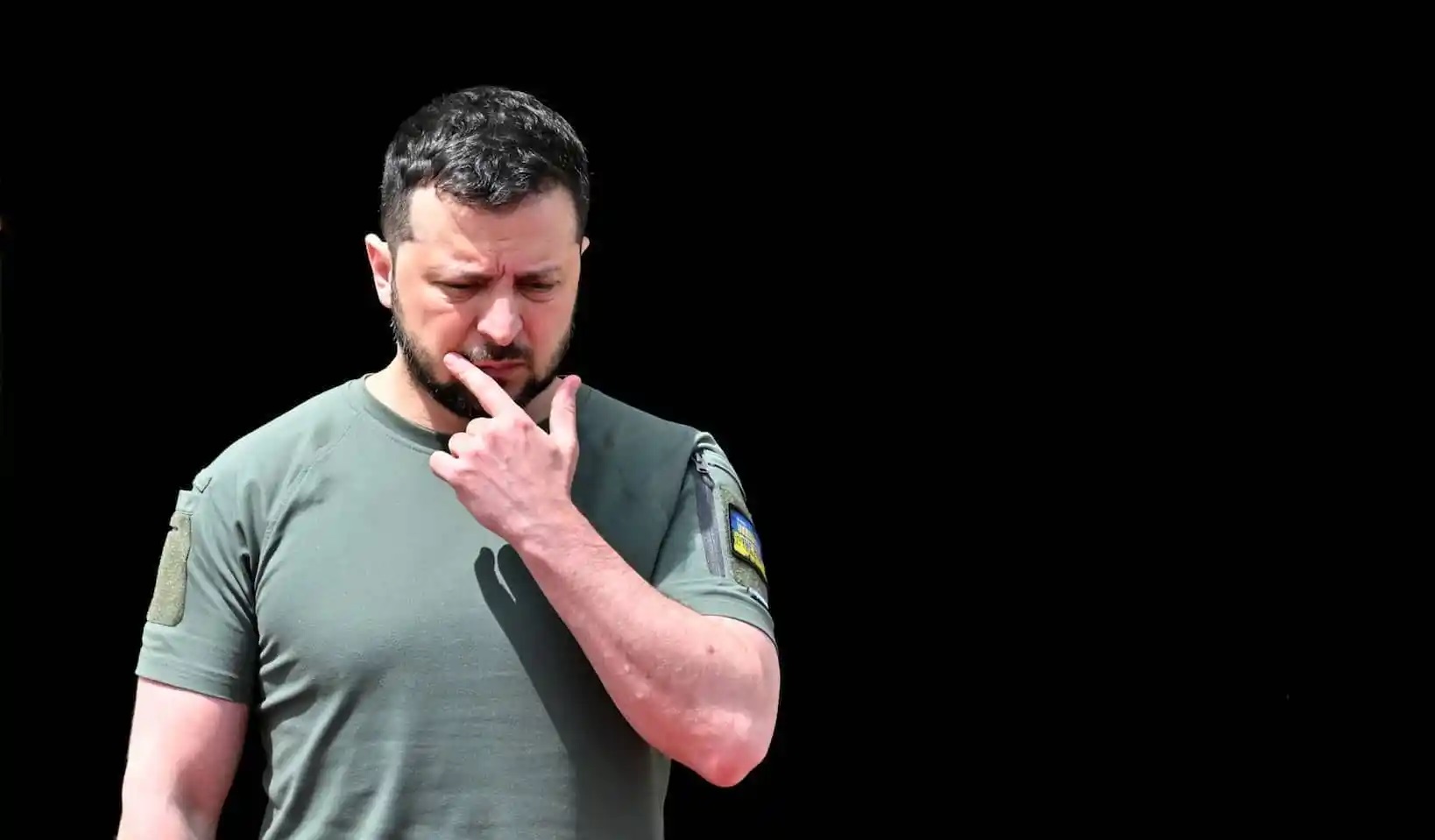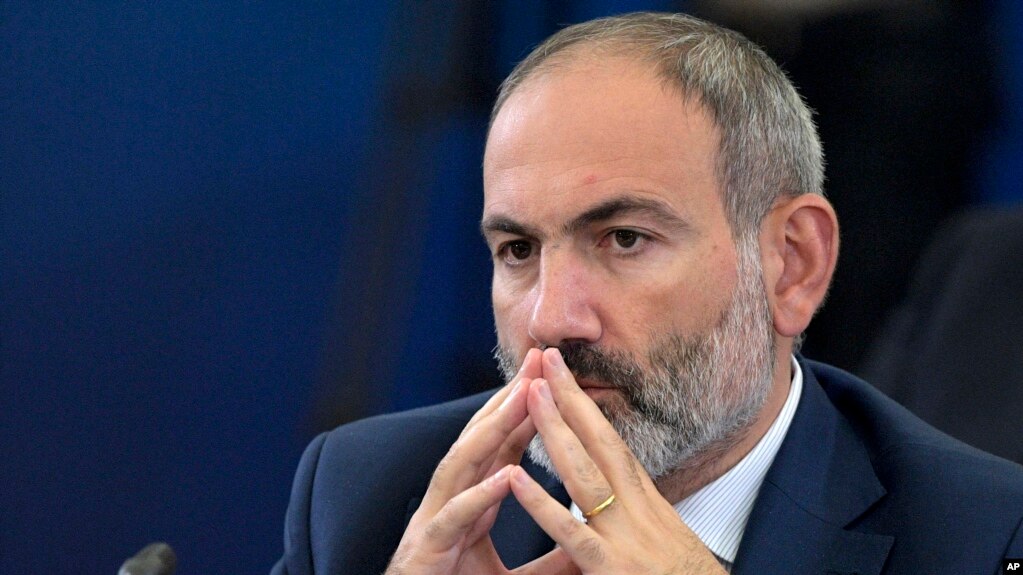
Two and a half years after Russia launched the so-called special military operation in Ukraine, the frontline has advanced to the Russian Kursk region. Unable to achieve any of its goals in Ukraine, the Kremlin has once again demonstrated its inability to protect and control its territory.
By Nikola Mikovic
On August 6-7, Ukraine launched a massive cross-border incursion into Russia’s Kursk region and made significant gains there. According to reports, the Ukrainian Armed Forces (UAF) captured several villages and towns, pushing to the northwest of the border town of Sudzha – a major natural gas transmission centre.
If Moscow does not find a way to react promptly and slow down the Ukrainian advance, in the coming days, the UAF could seize not only the Sudzha gas metering station but also the Kursk Nuclear Power Plant. Such an outcome would represent a serious humiliation for the Russian Federation and its leadership, although its propaganda will undoubtedly attempt to downplay the Ukrainian offensive.
Russian President Vladimir Putin has described Ukraine’s action as a “provocation”. In reality, Ukraine has just invaded Russia. Such a move represents Kyiv’s response to the Russian invasion of the Eastern European country. Something similar was seen in the Middle East during the Iran-Iraq war, 1980-1988. The conflict began with the Iraqi invasion of Iran. Still, at different points, the Iranian military managed to occupy parts of southern and central Iraq, including the important city of Basra and the oil-rich regions.
Ukraine seems to be using the same strategy. It can do this only because the Kremlin has no political will to fight the war “until victory.” Putin cannot even label Kyiv’s action as an aggression, as that would necessitate declaring a state of war and potentially seeking assistance from the Collective Security Treaty Organization (CSTO).
According to Article 4 of the CSTO Treaty, “an act of aggression (an armed attack that threatens security, stability, territorial integrity, and sovereignty) against one of the member states will be considered a collective act of aggression on all member states of the CSTO.” However, since Russia’s nominal allies turned their backs on Moscow long ago, the Kremlin will not dare risk another public humiliation by asking the CSTO to intervene.
Hypothetically, Moscow could ask North Korea to protect Russia. The comprehensive partnership agreement that Putin and North Korea’s leader Kim Jong Un signed in June in Pyongyang includes, among other things, “mutual assistance in the event of aggression against one of the parties to this agreement.” That, however, does not mean that the Kremlin can count on North Korean assistance.
Since Putin does not see Ukraine’s actions as aggression, he is doubtful to call on his allies to help Russia protect its territory. Instead, he will almost certainly attempt to create an illusion that the situation is under control. Chief of the Russian Armed Forces General Staff Valery Gerasimov – responsible for a series of debacles Russia suffered in Ukraine over the past two and a half years – said that “Ukraine’s advance into Kursk Oblast has been stopped.” Situation reports, however, show that the UAF continues to advance.
Therefore, the Kremlin will have a hard time preserving the Kursk region under Russian control. Even a potential declaration of another “partial mobilisation” will not help because it would take months for Moscow to mobilise, equip, and prepare hundreds of thousands of new troops to fight. Russia has to act now. So what can it do?
Since the Kremlin cannot respond to Ukraine’s “invasion” of Russia's military, it will likely address the situation through political means. Putin could seek to reach a behind-the-scenes deal with Ukraine and the West. For instance, Russia might withdraw from parts of Ukraine (such as the Kharkiv region) in exchange for Ukrainian withdrawal from Kursk. If Ukraine manages to capture the Kursk Nuclear Power Plant, Moscow may also be forced to leave the Zaporizhzhia Nuclear Power Plant.
But all these options cannot hide the fact that the emperor has no clothes and that Vladimir Putin is responsible for another Russian fiasco. As long as he and his oligarchs remain in charge in the Kremlin, Russia will continue suffering humiliating defeats.
Initially, Putin invaded Ukraine aiming to overthrow President Volodymyr Zelensky and install a pro-Russian puppet government in Kyiv. Now, he is struggling to preserve Kursk under Russian control. That is the result of his “special military operation” in Ukraine. Will Putin face consequences for such a disastrous policy? It is doubtful since all of his opponents are either dead or behind bars, and there is no organised political force in Russia that can overthrow him.
As a result, Putin will continue taking half-measures, even though such an approach cannot guarantee success on the battlefield. Instead, it is likely to lead to more debacles and defeats.






